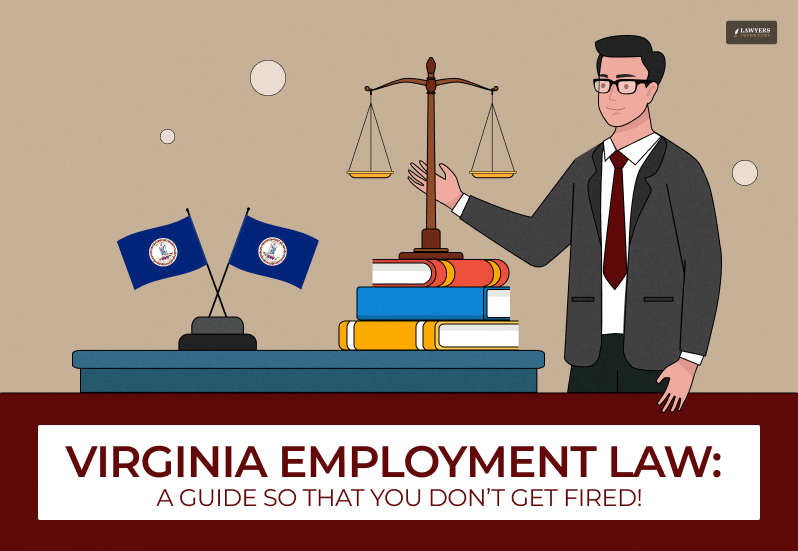
If you plan to settle down in Virginia and work there, there is one thing you MUST know about: the Virginia employment law. These are a bunch of complicated sets of regulations that control the interaction between employers and employees in this state.
It addresses various subjects, including harassment, discrimination, minimum pay, and overtime. Employers and employees must be aware of these rules, to maintain a just and lawful workplace.
Workers in Virginia can safeguard their rights and prevent unjust treatment by being aware of the employment laws. Additionally, they can be conscious of their duties and responsibilities to their employers.
This article will provide employers and employees with the important knowledge they need to understand their rights and obligations regarding employment law in Virginia.
Additionally, just like I had done for Georgia’s workplace laws, I will address issues including discrimination and harassment, wage and hour legislation, and at-will employment, among other things.
Understanding Virginia Employment Law
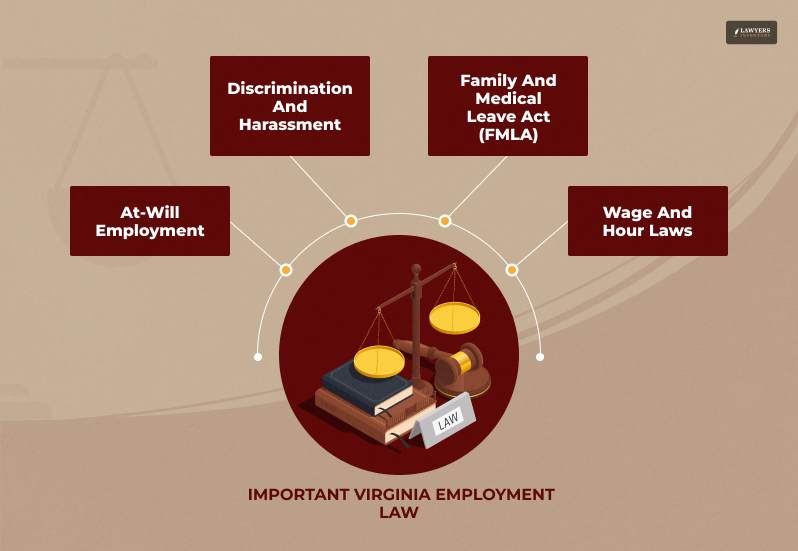
Like other states, Virginia adheres to the at-will employment philosophy. This implies that, as long as it’s not against the law, businesses are typically free to hire or terminate staff members for any reason or no reason at all.
There are a few exceptions to this rule, though. You cannot be fired, for instance, because of your genetic information, age (if you are over 40), disability, race, color, religion, sex, or country of origin.
Furthermore, you cannot lose your job for disclosing unlawful action or using FMLA or other protected leave. It is crucial to remember that having a contract does not guarantee you won’t get fired.
On the other hand, certain work conditions, such as your pay, responsibilities, and termination, may be specified in a contract.
Therefore, knowing your rights under Virginia employment law can help protect you from unfair treatment and ensure a fair workplace.
At-Will Employment
In Virginia, most employees are considered “at-will.” This means their employers can fire them at any time, for any reason, or no reason. This also means you can quit your job at any time.
But there are exceptions! If your employer promises you a certain amount of time on the job, or if you have a contract, you may not be at-will.
Additionally, Virginia law recognizes “implied contracts” and “implied covenants of good faith and fair dealing,” which can protect you from unfair treatment.
And don’t worry, you can’t be fired for illegal reasons, such as:
- Discrimination (based on race, gender, age, etc.)
- Retaliation (for reporting wrongdoing or exercising your rights)
Understanding these rules can help you protect your job and rights as an employee in Virginia.
Wage and Hour Laws
Virginia has laws to protect employees’ wages and hours. Here’s what you need to know:
- Minimum Wage: Virginia’s minimum wage is $11.00 per hour (as of 2024). If you’re paid less, you may be entitled to back pay.
- Overtime Pay: If you work 40 hours a week, you’re entitled to overtime pay (1.5 times your regular rate).
- Exemptions: Some employees, such as managers, professionals, and salespeople who work outside the office, are exempt from overtime pay.
- Meal and Rest Breaks: You’re entitled to a 30-minute meal break for every 5 hours worked. You also get a 15-minute rest break for every 4 hours worked.
- Wage Garnishment: If you owe debts, like taxes or child support, your employer may garnish your wages. But, there are limits to how much can be taken.
Remember, these laws are in place to protect you! Suppose you think your employer is violating wage and hour laws. In that case, you may want to speak with a lawyer or file a complaint with the Virginia Department of Labor.
Discrimination and Harassment
Discrimination and harassment in the workplace are serious issues in Virginia. Virginia law protects certain groups from workplace discrimination, including:
- Race
- Sex
- Religion
- Disability
- Age
- National origin
- Military status
Discrimination can take many forms, such as being:
- Treated unfairly or differently because of your protected status
- Denied promotions, raises, and/or opportunities
- Subjected to a hostile work environment
Harassment is also a form of discrimination. It can include:
- Unwanted comments or jokes
- Unwelcome touching or gestures
- Displaying offensive symbols or images
If you experience discrimination or harassment, report it to your HR department or supervisor immediately. They must take steps to prevent and correct the behavior.
If they don’t, you may want to speak with an employment lawyer or file a complaint with the Virginia Department of Human Rights or the Equal Employment Opportunity Commission (EEOC). Remember, you have the right to work in a safe and respectful environment.
Family and Medical Leave Act (FMLA)
Just like in the case of Florida’s workplace laws, the Family and Medical Leave Act (FMLA) is a federal law allows eligible workers an unpaid, job-protected leave for specific family and medical reasons. The FMLA provides important worker protections in Virginia, as in other states.
Eligibility for FMLA Leave
To be eligible for FMLA leave, one must work for an employer with a minimum number 50 employees within a 75-mile radius.
Additionally, the employee must have worked for the employer for at least 12 months and have completed at least 1,250 hours of service during the 12 months before the leave.
Types of FMLA Leave
Employees can take the FMLA leave for various reasons, including:
- The birth and care of a newborn child.
- The adoption or foster care placement of a child.
- Caring for an immediate family member (spouse, child, or parent) with a serious health condition.
- The employee’s serious health condition makes them unable to perform their job.
- Certain circumstances related to a family member’s military service.
Employer Obligations
Employers must provide up to 12 weeks of unpaid leave annually to eligible employees. They must also maintain the employee’s health benefits during the leave as if they were still working.
Upon return from FMLA leave, employers must restore those employees to their original job or an equivalent position with the same pay, benefits, and terms of employment.
Intermittent Leave and Reduced Work Schedules
When medically necessary, an employee can take the FMLA leave on a reduced work schedule or intermittently. Employees can take leave in separate blocks or reduce their daily or weekly work hours.
Employers must accommodate these arrangements, but employees must make reasonable efforts to schedule leave to minimize disruption to the employer’s operations.
Workers’ Compensation
Workers’ compensation is insurance that benefits employees who are injured or become ill on the job. In Virginia, most employers need to carry workers’ compensation insurance.
To be eligible for workers’ compensation benefits, you must have suffered an injury or illness that arose from and during your employment. This means that the injury or illness must have occurred while you were working and performing your job duties.
If you are injured on the job, you should report the injury to your employer as soon as possible. Your employer will likely file a workers’ compensation claim on your behalf.
There are several types of workers’ compensation benefits available, including:
- Medical benefits: These cover the cost of your medical treatment, including doctor’s visits, surgeries, medications, and physical therapy.
- Temporary disability benefits: These provide financial support while you cannot work due to injury or illness.
- Permanent disability benefits: These provide financial support if your injury or illness results in a permanent disability.
- Death benefits: These provide financial support to the family of an employee who dies as a result of a work-related injury or illness.
Employers are required to provide workers’ compensation insurance for their employees. They are also responsible for reporting work-related injuries to the Virginia Workers’ Compensation Commission.
Suppose you disagree with the decision of your employer or the insurance company regarding your workers’ compensation claim. In that case, you may be able to file a dispute. There are several ways to resolve a workers’ compensation dispute, including mediation, arbitration, or litigation.
Employee Privacy Rights in Virginia
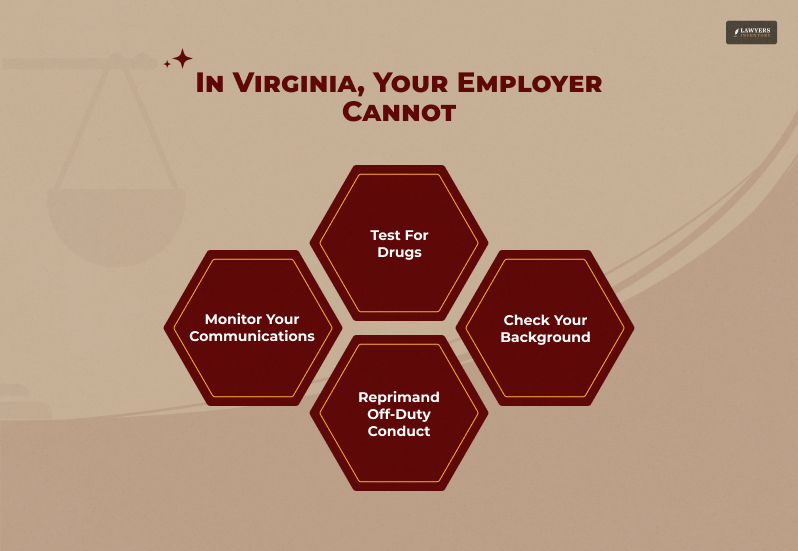
Employee privacy rights are an important aspect of employment law in Virginia. Understanding these rights can help employees protect their personal information and maintain a fair workplace.
Electronic Monitoring in the Workplace
Employers in Virginia have the right to monitor employees’ electronic communications, such as emails and internet usage, especially if the equipment belongs to the company.
However, employers must inform employees about the monitoring policies. This transparency helps maintain trust and ensures employees know their workplace privacy boundaries.
Drug Testing Policies
Employers can implement drug testing policies to ensure a safe and productive work environment.
In Virginia, the law allows the employers to conduct pre-employment drug tests, random drug tests, and tests based on reasonable suspicion.
Companies should inform the employees about the drug testing policy, and the tests should be conducted non-discriminately.
Background Checks
Background checks are common in the hiring process. Employers may check an applicant’s criminal history, credit report, and employment history.
In Virginia, employers must obtain written consent from the applicant before conducting a background check.
Additionally, suppose the company has made an adverse decision on the background check. In that case, the employer must provide the applicant with a copy of the report and inform them of their rights under the Fair Credit Reporting Act (FCRA).
Off-Duty Conduct
Generally, employers in Virginia cannot take adverse action against employees for lawful off-duty conduct.
However, employers may have grounds for disciplinary action if the off-duty behavior negatively impacts the company’s reputation or violates specific company policies.
Employees should be aware of their company’s policies regarding off-duty conduct to avoid potential conflicts.
Unemployment Compensation
Unemployment compensation provides financial assistance to workers who have lost their jobs through no fault. Understanding Virginia’s unemployment benefits process and requirements can help you navigate this challenging time.
Eligibility for Unemployment Benefits
To qualify for unemployment benefits in Virginia, you must meet certain criteria. You must have earned enough money during your base period before you file your claim. This is typically the first four of the last five completed calendar quarters.
Additionally, you must be unemployed through no fault, such as being laid off or eliminating your position. You must also be able, available, and actively seeking work.
Filing a Claim
Filing a claim for unemployment benefits in Virginia is straightforward. You can file online through the Virginia Employment Commission (VEC) website or by phone.
When filing, you must provide personal information, details about your previous employment, and the reasons for unemployment.
It’s important to file your claim immediately after becoming unemployed to avoid delays in receiving benefits.
Appealing a Denial
If your claim for unemployment benefits is denied, you have the right to appeal the decision.
The VEC will provide instructions on filing an appeal, which typically involves submitting a written request for a hearing.
During the hearing, you can present evidence and argue your case. If the appeal is successful, you may receive retroactive benefits.
Benefits Available
Unemployment benefits in Virginia are calculated based on your previous earnings, with a maximum weekly benefit amount set by the state.
Benefits are typically available for up to 26 weeks, but this can be extended during high unemployment.
Additionally, you may be required to participate in reemployment services to continue receiving benefits.
Is Your Employer Breaking the Law?
In conclusion, understanding Virginia’s employment law can assist employers and employees in avoiding legal problems and preserving a healthy work environment.
I hope this blog has provided an overview of Virginia employment law, focusing on key areas that can affect your job security. Remember, most employment relationships in Virginia are at-will, meaning the employer or employee can terminate the relationship at any time. However, there are exceptions, such as discrimination and retaliation.
It’s important to understand your rights and responsibilities under Virginia employment law. This knowledge can help you protect yourself from unfair treatment and navigate the workplace effectively.
If you have questions about your specific employment situation or believe you may have been treated unfairly, consulting with an attorney who specializes in employment law is highly recommended. They can provide personalized advice and help you understand your legal options.
Read More…
- Know About the Colorado Employment Law Before You Settle There!
- Florida Employment Laws: A MUST-HAVE Guide to Your Workplace Rights
- Georgia Employment Laws and Rules You MUST Know About Before You Go!








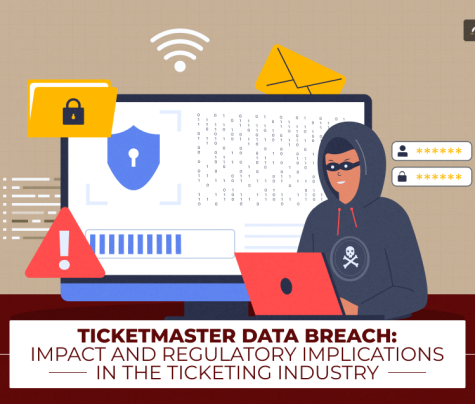
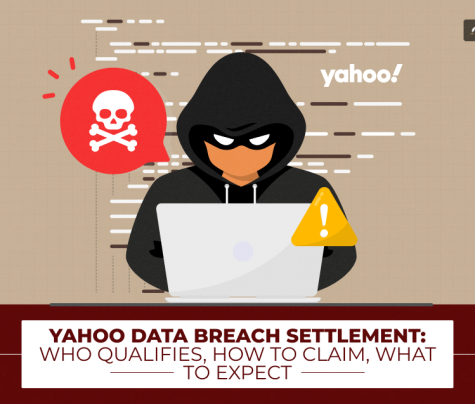
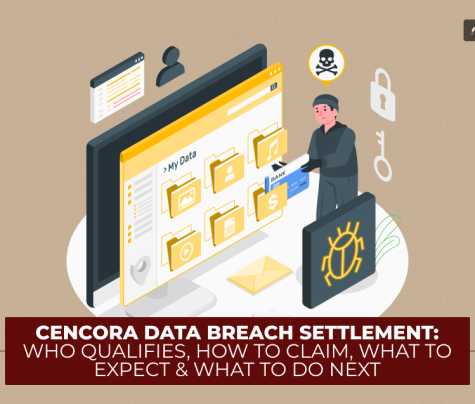
0 Reply
No comments yet.